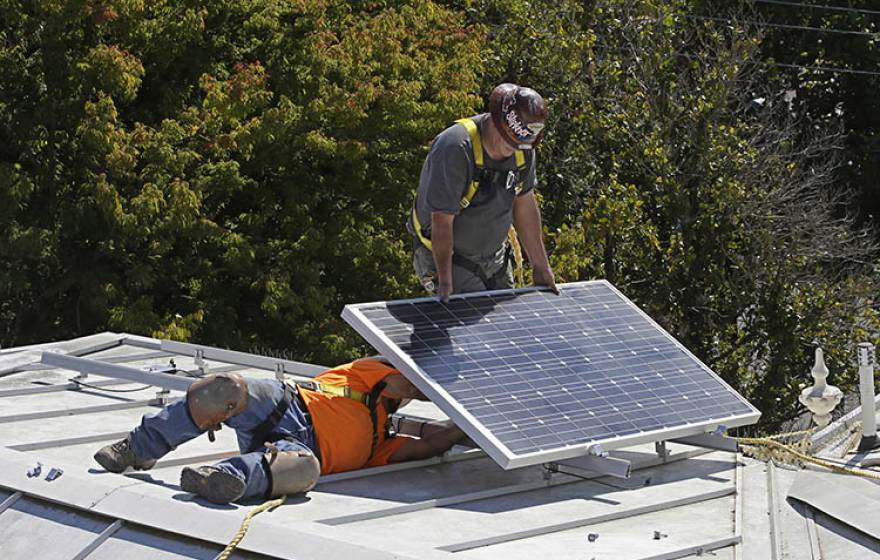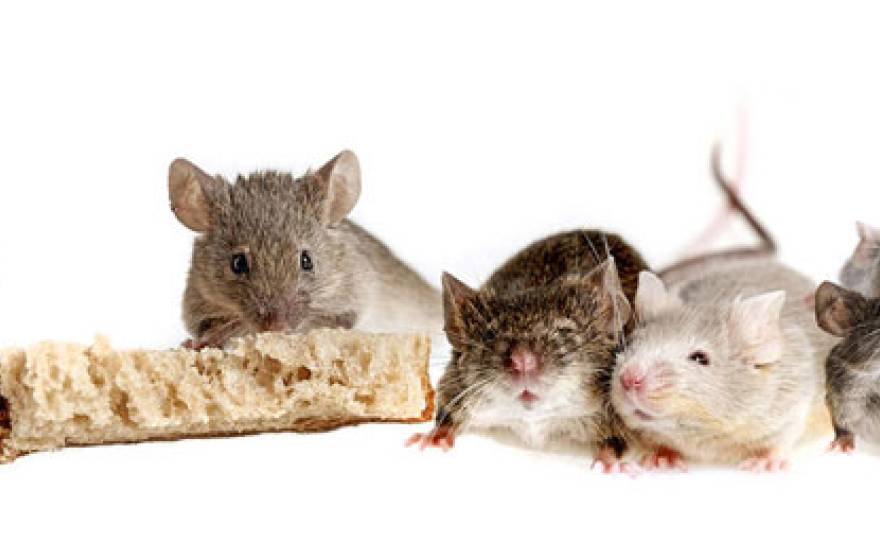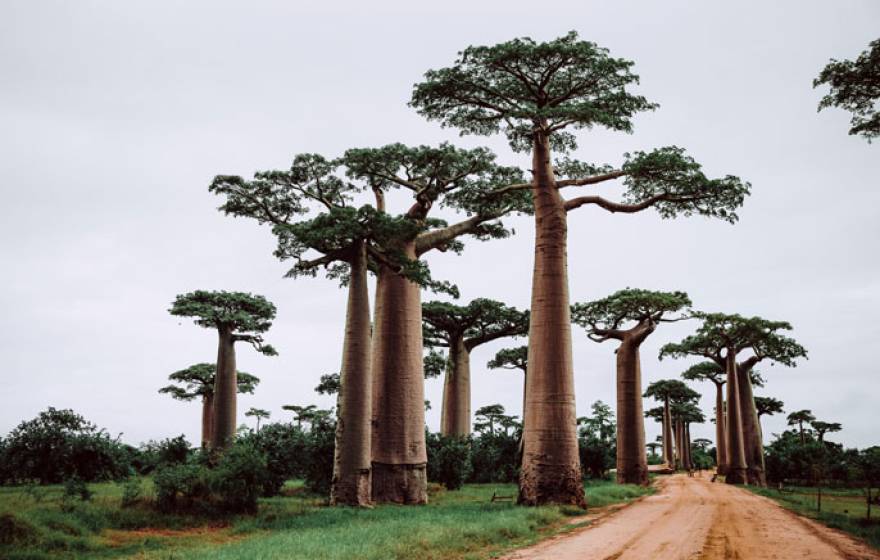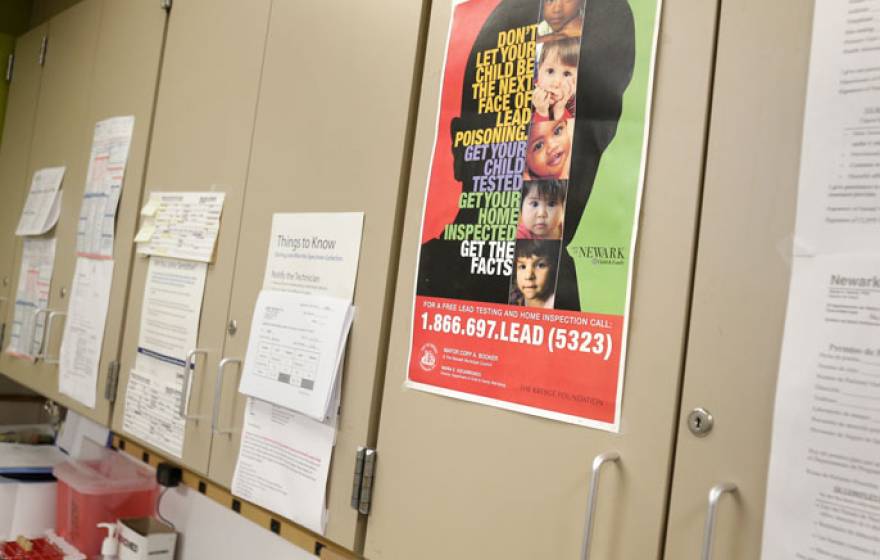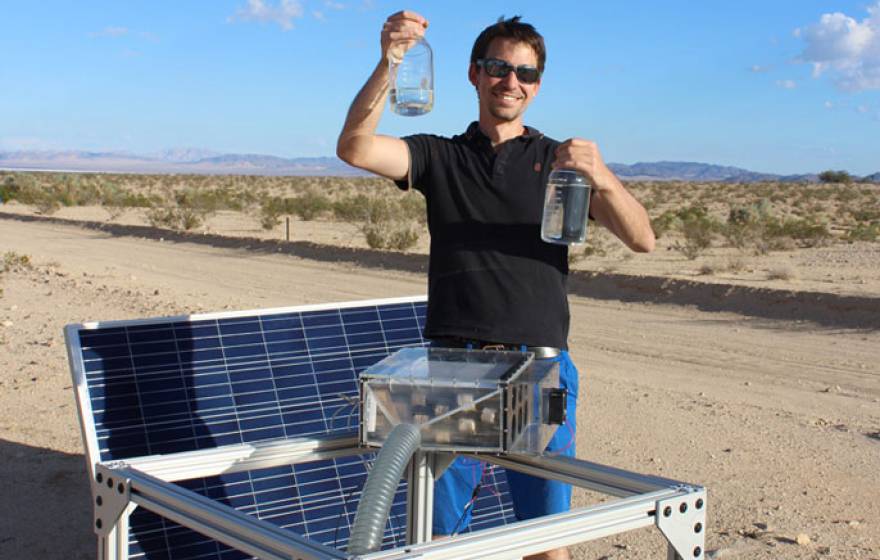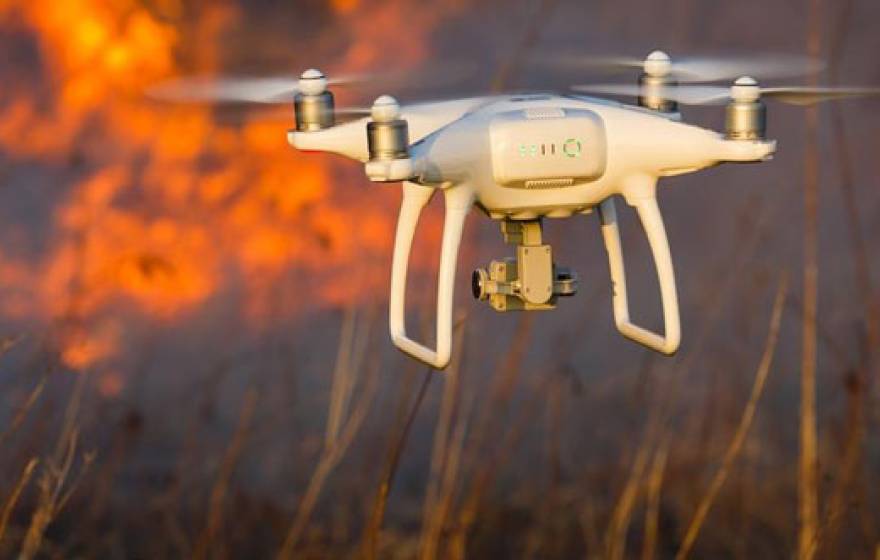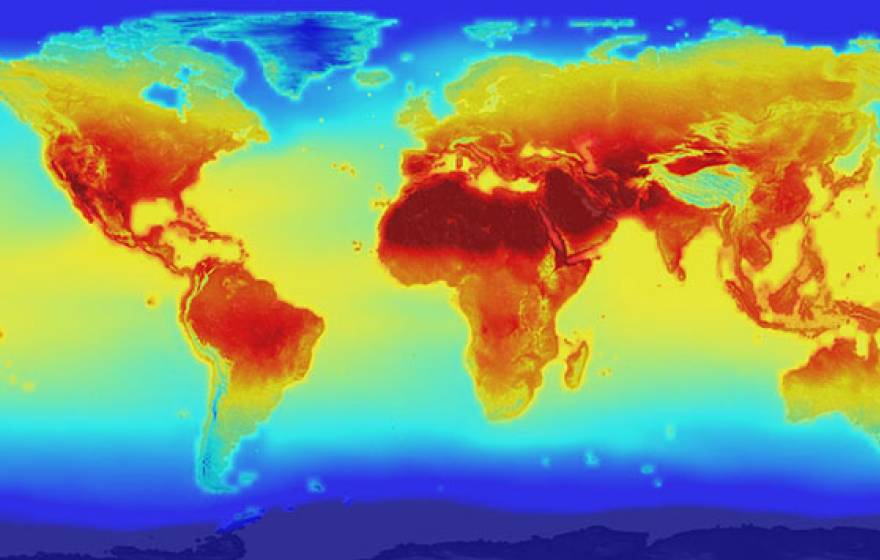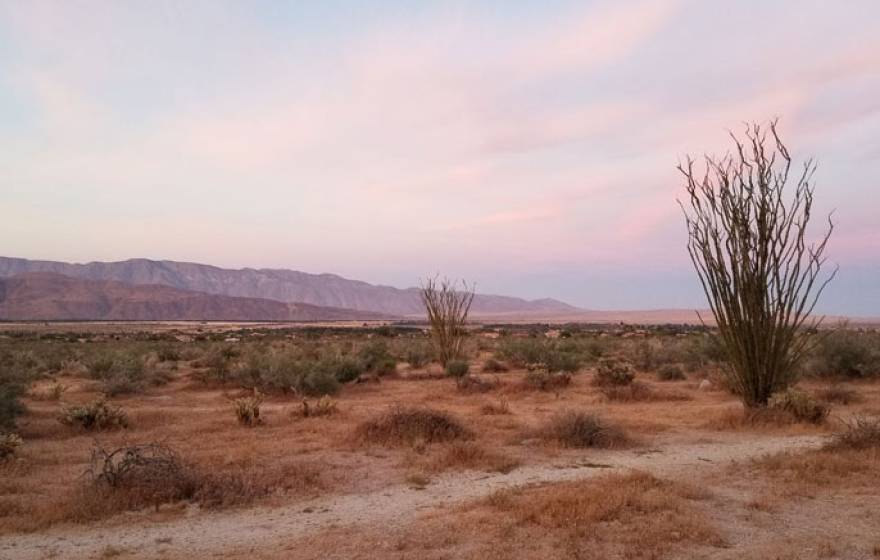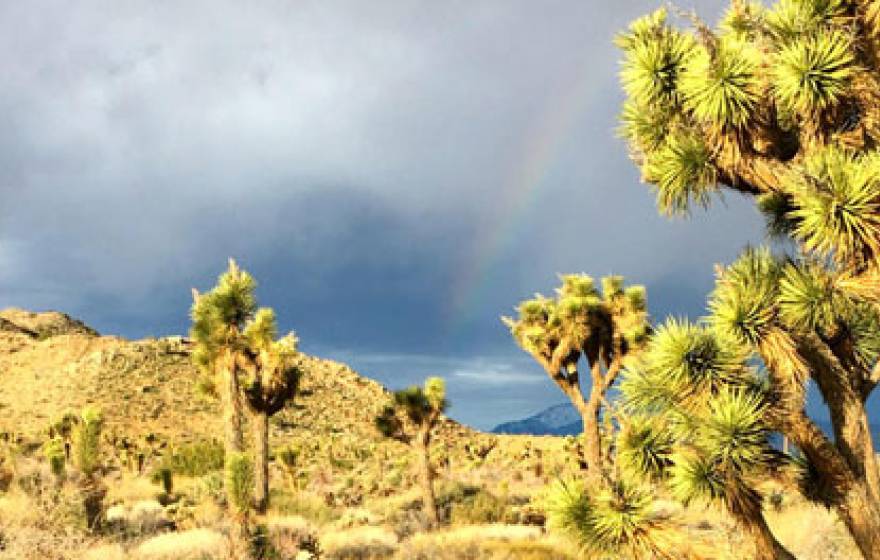Solar-powered microgrids could be key in the face of increasing wildfire risk and cybersecurity threats.
Finding alternatives to animal testing
Researchers are helping the EPA eliminate animal testing by using stem cells.
UCLA to assess California drinking water systems to identify risks and solutions
An analysis of this scope has never been done before in the state.
How garbage from landfills is advancing UC's clean energy future
Landfills are a major source of greenhouse gas emssions. UC's new biogas deal turns that pollution into an energy source.
Plants are going extinct up to 350 times faster than the historical norm
Human-driven land clearing and climate change are risking a devastating biodiversity crash.
How to address America’s lead crisis and provide safe drinking water for all
Newark is the latest U.S. city to struggle with high lead levels in drinking water. We can end this crisis.
Water harvester makes it easy to drink water from thin air
A device that cycles 24/7 to produce enough water from desert air to drink is close to hitting the market.
A search engine tool for first responders
Real-time text, photo and video data could help first responders better allocate resources when disaster strikes.
Media creates false balance on climate science, study shows
About half of mainstream media visibility goes to climate-change deniers, many of whom are not climate scientists.
The cat. The myth. The legend
Big Boy, the unofficial campus cat, thrives thanks to an informal but comprehensive caretaking system.
UCLA to lead $10 million California conservation project
Scientists will study the DNA of endangered and threatened species and learn which are most vulnerable to climate change.
Iconic Joshua trees are facing extinction
The national park would retain just 0.02 percent of its tree habitat if no climate change action is taken.
